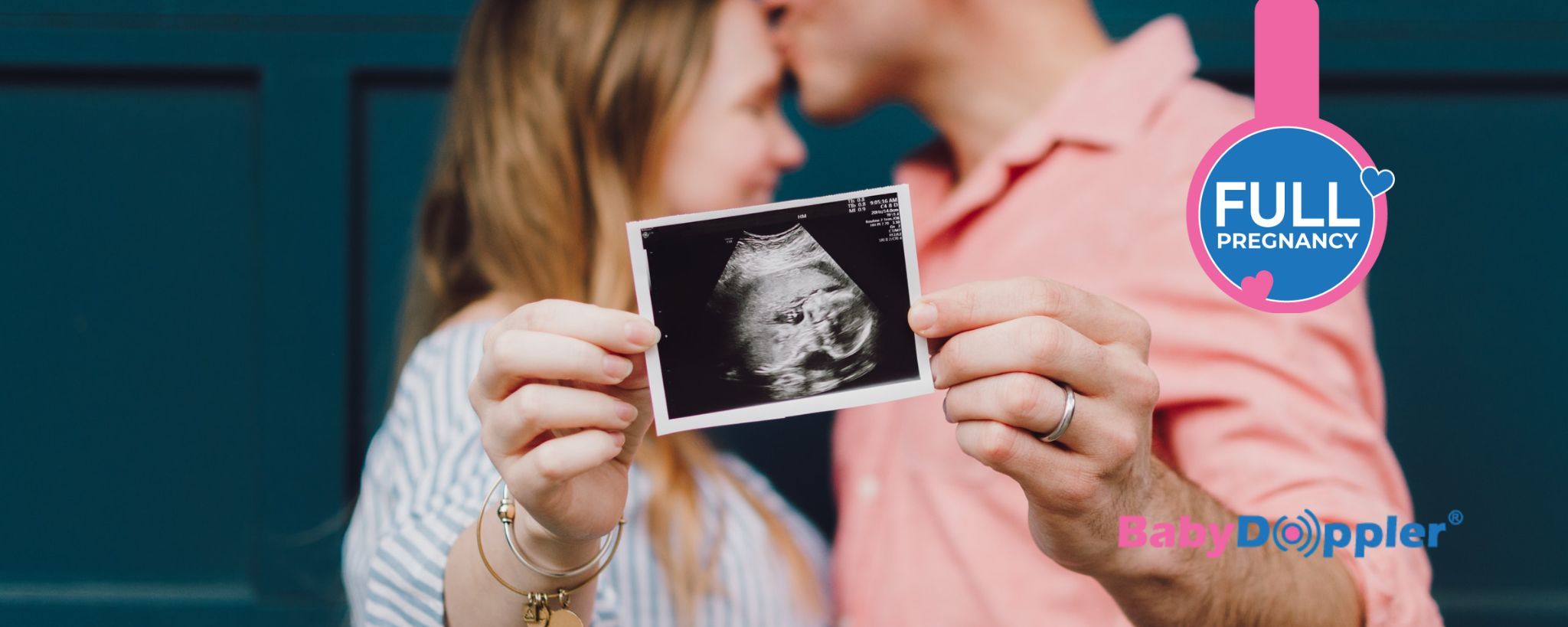Pregnancy is a scary time for most women, especially for those who are about to be first-time moms. Your body is set to undergo a lot of changes. From gaining weight to changing skin conditions, many things will happen.
However, one thing that most people ignore is the changes in their oral health. Like many parts of your body, your teeth will also be affected during and after your pregnancy. To minimize its impacts on your oral health, read on and we’ll share some of the best things to do.
Before Getting Pregnant
Your body changes during pregnancy. Many of them are inevitable. It is crucial to be proactive in dealing with these changes to minimize their effects on your overall health and appearance. Among others, one thing that you should not ignore is your teeth.
For a lot of people, pregnancy is unplanned. Hence, it is hard to determine when you will conceive. This means that you might not be prepared. For those who are planning their pregnancy, however, one of the most important is to visit the dentist for a thorough check-up. During the visit, several treatments can also be performed. Once you are pregnant, you might have no more time to go to see a dentist, so you should prepare accordingly.
While most treatments are safe during pregnancy, some procedures can carry risks. For instance, it is best to avoid dental x-rays. So, you should have one before pregnancy if you need it. If you have no other option but to get it during your pregnancy, your dentist will recommend observing several measures.
Invest in oral care products that you will need to strengthen your teeth during pregnancy and minimize the impacts of hormonal changes on your oral health. From toothpaste to supplements, stock up on the essentials.
After Pregnancy
Up to 75% of pregnant women can suffer from dental problems, specifically gingivitis. Swollen gums and inflammation are common, which will be made worse because of hormonal changes. There is also a high risk of dental cavities because of eating habits. After giving birth, your teeth and gums can suffer. With such, below are the best things to do to prioritize your oral health after pregnancy.
1. Go to the Dentist
Since pregnancy can be a difficult time, most women may not have the time to see the dentist during the nine months they are carrying a baby in their womb. Hence, as soon as you can after you give birth, see a dentist. This is an opportunity to catch up on everything you have missed. Depending on the extent of the problems that your teeth will show, the dentist might recommend several treatments. A dentist can also prescribe some medications depending on your tooth problems, which would have been otherwise unsafe to take during pregnancy.
2. Get a Fluoride Varnish
While getting a fluoride treatment during pregnancy is generally safe, some people might not have time for such. If you are one of those, make sure to ask your dentist for any fluoride treatment that you will need. Among others, one that might be recommended is fluoride varnish. While it is more common in children, adults can also benefit from fluoride varnish, especially those with chronic tooth decay, sensitive teeth, and thin enamel. The website Dentaly offers detailed information about fluoride varnish, including its application, cost, and benefits.
3. Eat a Healthy Diet
Sugar cravings are common during pregnancy. Because of your hormonal changes, it is hard to resist such. A lot of pregnancy snacks can contain high levels of sugar. While you can spoil yourself a little, experts recommend that you should have no more than 30 grams of free sugars in a day. Once you have given birth, it is time to get back to a healthy diet. Swap sugary treats for fruits and vegetables. Avoid acidic foods as they can speed up the erosion of your teeth. Eat those that are high in calcium as they can strengthen the enamel. It is not too late to reverse the oral problems that have been apparent during pregnancy, but you need to be more mindful of what you are eating.
4. Take Supplements
Speaking of a healthy diet, you might not get the vitamins and minerals your teeth need from food alone. Hence, consider taking supplements for teeth and gum health. Calcium and vitamin D deplete during pregnancy. Therefore, you are prone to suffering from periodontal diseases. After pregnancy, it is time to get back on track, and supplements can help. Calcium supplements are must-haves since they are vital in having strong bones and teeth. Phosphorus is also essential, which will help improve the absorption of calcium. Vitamin D, meanwhile, can help alleviate problems that can trigger teeth problems, such as gum diseases and gingival inflammation.
5. Give Up Unhealthy Habits
A healthy lifestyle is a must during pregnancy. Hence, women give up smoking cigarettes, chewing tobacco, and even second-hand smoke. They also stop the consumption of alcoholic beverages and the use of recreational drugs. After pregnancy, if you want stronger teeth, do not return to your unhealthy habits before pregnancy.
6. Pay Attention to Dental Hygiene
The life of a new mom can be stressful. Navigating an unfamiliar stage in your life can be a burden and a nightmare. It can mean sleepless nights and cranky days. Nonetheless, such should not be reasons to forget about proper dental hygiene. After your pregnancy, make sure that you are not neglecting the most important habits for healthy teeth – brushing and flossing. Regardless of how stressed you are, dental hygiene must remain a priority.
In Closing

Photo by Anna Hecker from Unsplash
Do not ignore your oral health before and after pregnancy. Do the things mentioned above to ensure strong and healthy teeth. The many changes in your body can have negative consequences for your teeth and gums, so it is crucial to have a proactive approach.



